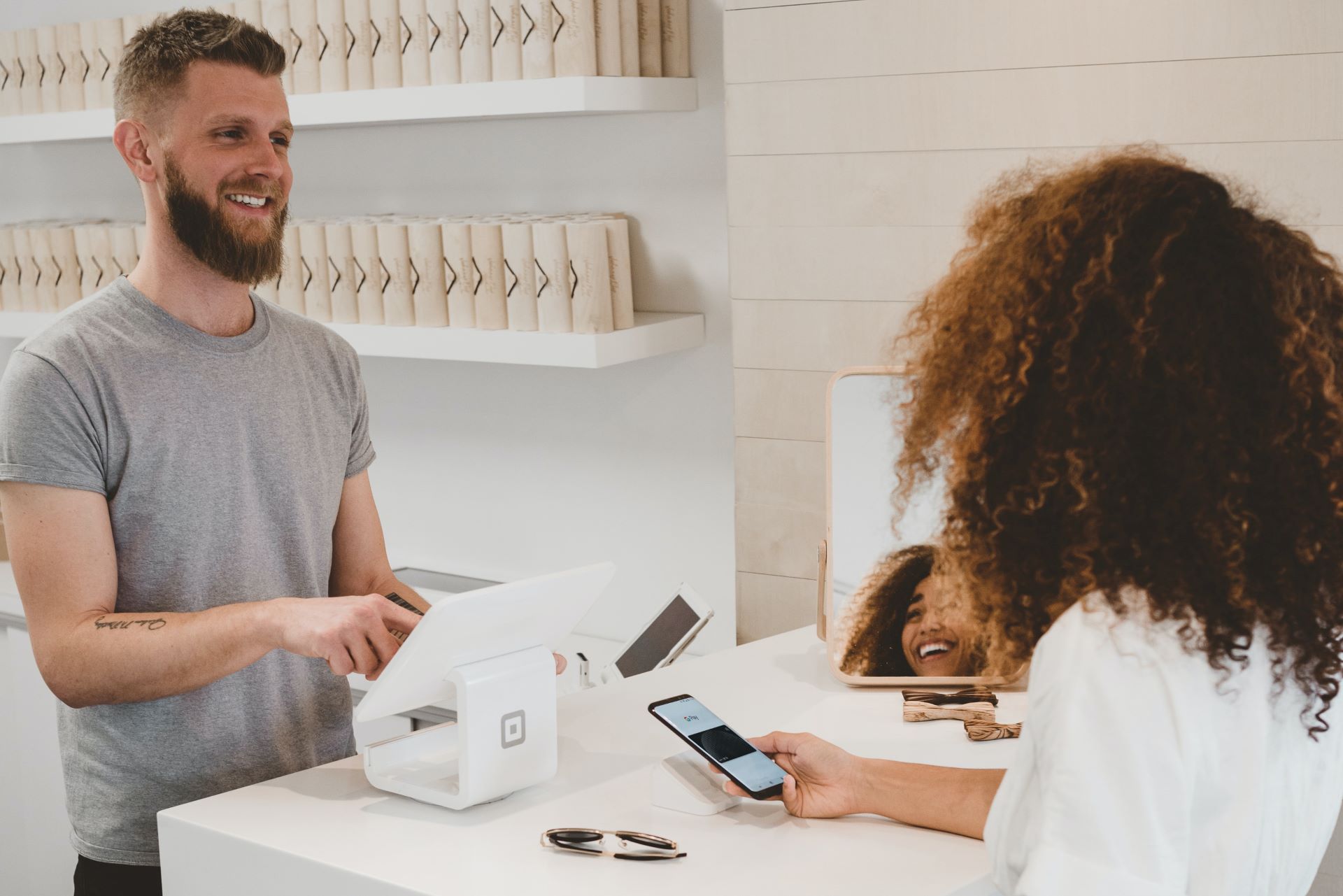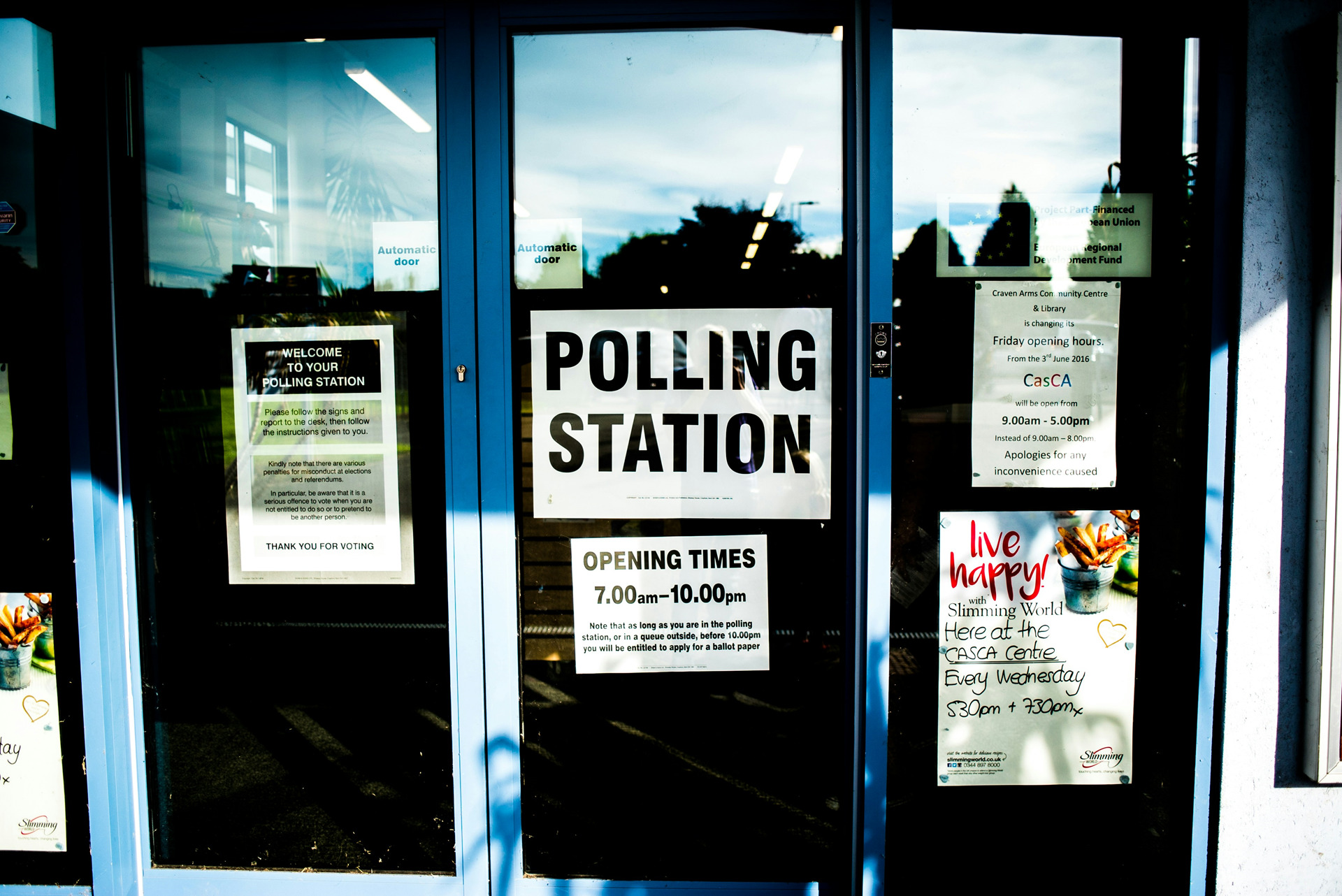
COVID-19 has had a significant impact on the working lives of MPs, who have seen a spike in caseload from constituents struggling financially, physically, and mentally.
The COVID-19 pandemic has in some capacity impacted nearly every employee within the UK. Whether it’s those who have had to grow accustomed with working from home, those in the workplace that have had to incorporate social distancing into their daily routine, or those that have joined the furlough scheme.
MPs across the board agree there has been an increase in constituency caseload due to the pandemic.
This begs the question; how has the pandemic impacted the working life of those representing us in Parliament? Unlike most of us, MPs have two working offices, one in Westminster and one in their constituency. Using the Savanta ComRes parliamentary panel, we asked MPs questions on how COVID-19 has impacted their work life in both, to gain a full understanding of how MPs are personally being affected by the pandemic.
MPs have missed being in the Houses of Parliament
We have all seen the virtual debates, the queue of MPs that stretched for miles and the infamous blunder by Rishi Sunak when he accidentally voted against his own Government. While eight in ten MPs claim that Parliament’s Digital Service made working remotely as easy as possible, most MPs (62%) missed being in the Houses of Parliament. However, it appears that not all MPs necessarily miss Westminster. Perhaps unsurprisingly, the newest MPs elected in 2019 miss Westminster the most, with nine in ten (91%) missing Parliament.
When we analysed these answers by party, we found that three quarters (72%) of Conservative MPs missed being in the Houses of Parliament, while slightly fewer Labour MPs did so (59%), whereas only a fifth (18%) of SNP MPs missed being in Westminster. Perhaps those in Scotland didn’t miss the long commute.
The COVID-19 pandemic has caused widespread uplift in caseload
MPs across the board agree there has been an increase in constituency caseload due to the pandemic. The largest increase comes from constituents struggling financially, with nearly all (98%) MPs seeing an increase due to this. This is closely followed by an increase in caseload from local businesses (94%), constituents struggling with mental health (72%) and constituents struggling with physical health (69%). At the same time as having to adapt to a different way of working, MPs and their constituency staff have had to increase their own output.
Although their caseload has increased, MPs have not been able to hold face-to-face surgeries and meet constituents. Instead, many MPs have adapted and held virtual or remote surgeries, with two-thirds saying they have done this. Younger MPs have tended to embrace the virtual way of doing things more, with four in five MPs aged under 50 (82%) using virtual surgeries, compared to just two in five of those aged 60-70 (41%).
Although working remotely, MPs have still had to work effectively with staff in both their Westminster and constituency offices. However, half of MPs (50%) say that it has been harder to do so. It is the more established MPs that are most likely to have found this a challenge, with 70% of MPs elected before 2001 feeling this way.
Like most of the UK workforce, MPs have had to adapt to new ways of working. Most have used Parliament’s Digital Service and held virtual surgeries. At the same time, they have also experienced an increased constituency workload. As workplaces remain closed around the country and remote working continues to be the norm, for most MPs there seems a clear desire to be in Westminster.
Savanta ComRes runs an industry-leading suite of parliamentary panels, helping clients to understand parliamentarians’ perceptions of their organisation, sector, communications, and policy positions.





